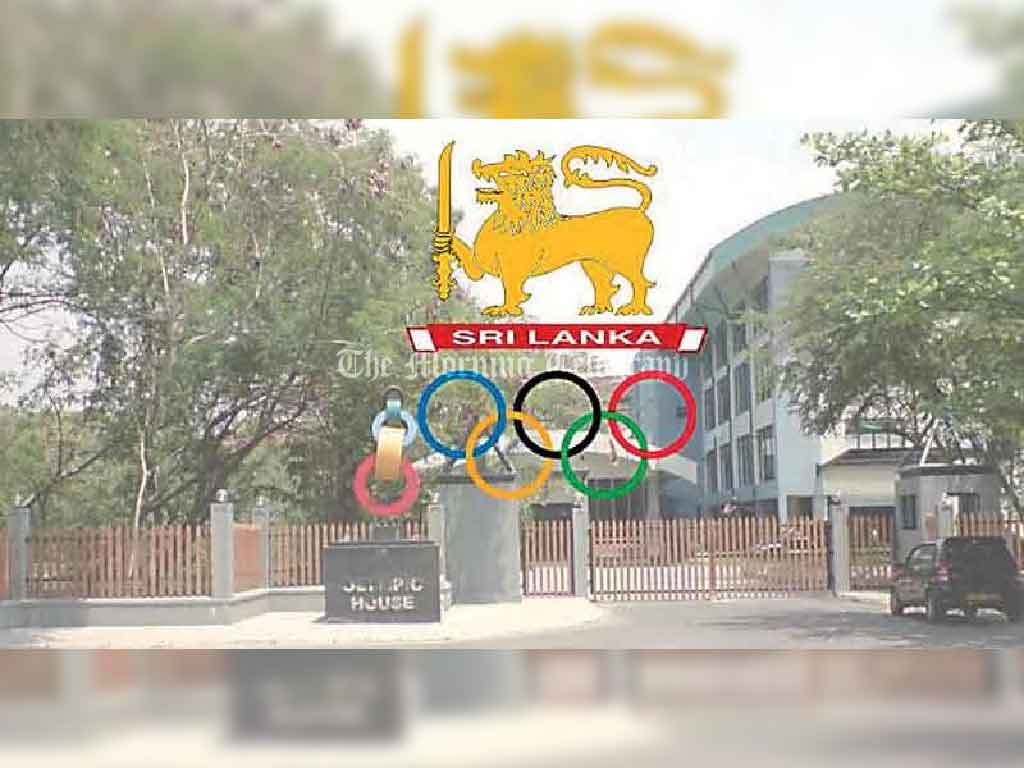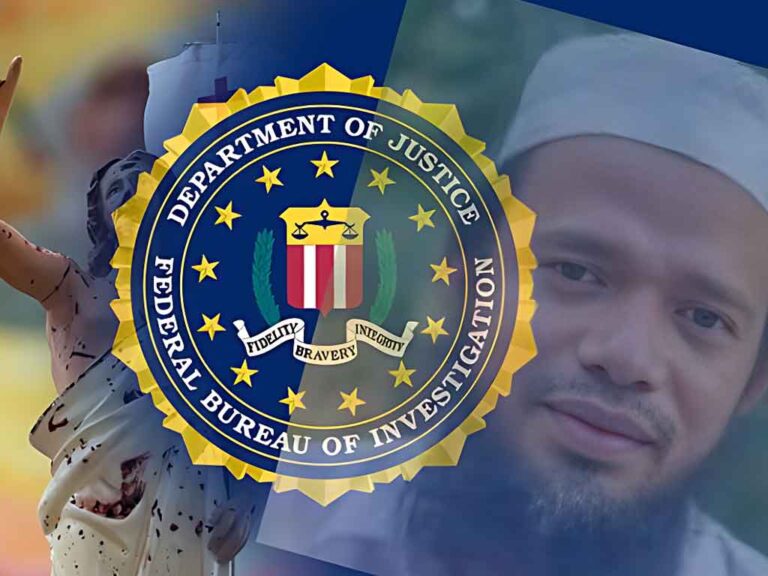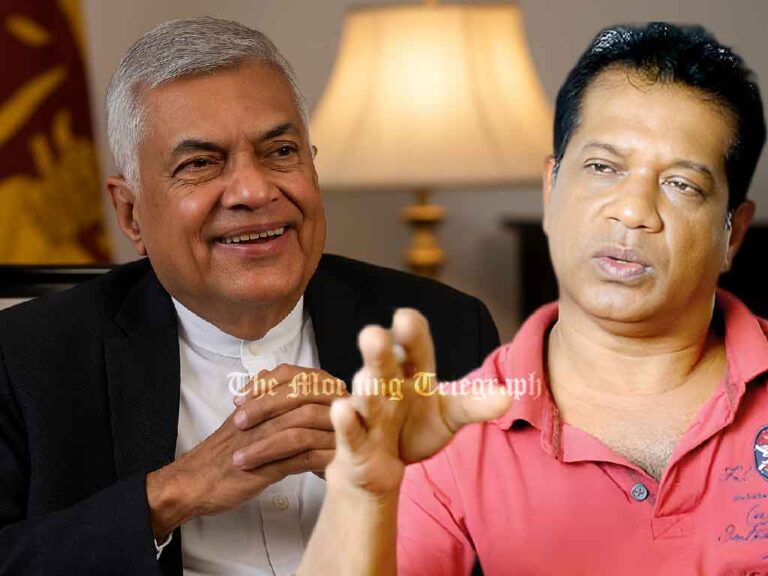
The National Olympic Committee of Sri Lanka (NOCSL) has committed to holding elections for a new board of directors by March 31, 2025, in an effort to resolve prolonged internal conflicts that have disrupted its operations and undermined its credibility. This decision was made during a Special General Assembly convened on December 13, in response to growing concerns from member federations and international organizations.
The assembly was organized in accordance with the NOCSL Constitution following requests from the majority of the Executive Board members and 23 National Member Federations. These groups expressed frustration over the persistent divisions and inefficiencies within the NOCSL Executive Board, which they argued were harming the organization’s ability to support athletes and fulfill its responsibilities.
The ongoing crisis has attracted warnings from the International Olympic Committee (IOC) and the Olympic Council of Asia (OCA), which emphasized the need for immediate corrective actions. Both organizations stressed the importance of maintaining good governance and adherence to the Olympic Charter, urging the NOCSL to resolve its administrative disputes promptly to avoid potential sanctions that could impact Sri Lankan athletes’ participation in international competitions.
In the General Assembly, members highlighted the failures of previous reconciliation efforts, citing entrenched divisions and leadership struggles as barriers to effective governance. Despite attempts to mediate and unify the board, these efforts proved unsuccessful, compelling the membership to prioritize elections as the only viable solution.
The resolution to hold elections was overwhelmingly supported, with 23 federations voting in favor, one opposing, and two abstaining. The elections will enable the formation of a new leadership team with a clear mandate to address the internal issues and restore the NOCSL’s operational stability.
The NOCSL pledged to ensure that the election process will be conducted transparently and in alignment with international best practices, including adherence to the principles of good governance and the Olympic Charter. The committee views the elections as a crucial turning point, not only to resolve its internal challenges but also to restore its credibility among stakeholders, including athletes, local sports federations, and global partners like the IOC and OCA.
This leadership crisis has had far-reaching implications for Sri Lankan sports. Members noted that the lack of unity and administrative inefficiencies within the NOCSL have delayed key initiatives, jeopardized athlete preparation programs, and risked straining relationships with international bodies.
The decision to call elections marks a significant moment for the NOCSL, offering a fresh start to rebuild trust and set a strategic direction for the future. With a focus on transparency, unity, and governance reform, the committee aims to realign itself with its mission of supporting the development of sports in Sri Lanka.
This election is expected to be a turning point, paving the way for Sri Lankan athletes to receive the necessary support to excel on the international stage while enhancing the country’s reputation in the global Olympic community.




